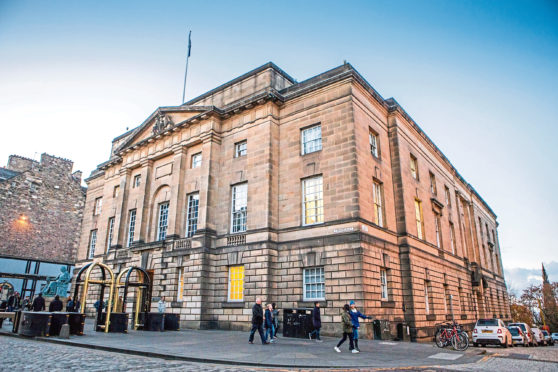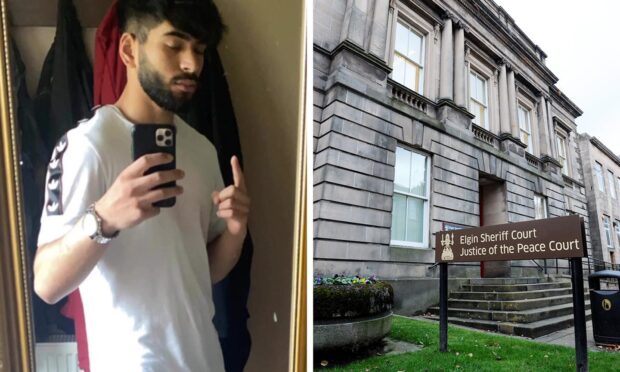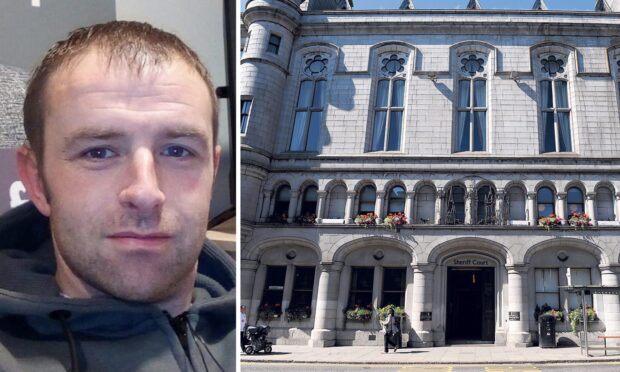An evil hotelier who was jailed for exploiting immigrant workers for slave labour has been ordered to hand over almost £100,000 in ill-gotten gains.
Shamsul Arefin promised four men from his native Bangladesh a better life if they came to Scotland.
They sold family valuables and took out risky loans to travel to the UK and pay for Arefin, 50, to set them up as chefs.
Former Highland hotel owner sexually abused staff and treated them like slaves
But the dodgy businessman forced them into long hours of backbreaking work at his Stewart Hotel in Appin, Argyll.
On arrival the men found their salaries were substantially lower to those they had been promised and their duties were far beyond what they expected.
Their pay left the men unable to repay the debts they had accrued and one said he was threatened that his kidney would be removed as a result of his inability to pay.
Arefin was jailed for three years in 2015 after he was found guilty of human trafficking.
Prosecutors have now ordered him to repay £93,443 he made through his exploitation after a sheriff granted a confiscation order at Fort William Sheriff Court.
Sheik Nasir Ullah Bhuiyan, from Chittagong, Bangladesh, fell victim to Arefin when he agreed to work for him.
Speaking earlier he said: “We worked from 5 o’clock in the morning until after midnight every night.
“We had to do everything, not only the kitchen, but housekeeping and cleaning, the toilets, outside, everything.
“When I confronted Arefin about the pay after months of work, he got very angry. He said, ‘I am paying all the staff like that, you’re not unique. If you don’t like it, go to hell.’ I’d never been out of Bangladesh. I was afraid I would have no place to live.”
Procurator fiscal for specialist casework, Liam Murphy, said: “Arefin took advantage of vulnerable people for his own financial gain, making significant amounts of money from the suffering of others.
“Our proceeds of crime team have been working to ensure Arefin will not be able to keep the money he made by trafficking people into labour.”
Money from proceeds of crime is reinvested into Scottish communities via the CashBack for Communities fund.
Since 2008, £92 million recovered under the Proceeds of Crime Act has been committed to the programme, which has funded nearly two million activities and opportunities for young people.
The latest phase of CashBack, which will run to 2020, will focus on projects tackling inequalities in areas of deprivation, working disadvantaged young people aged 10 to 24.










